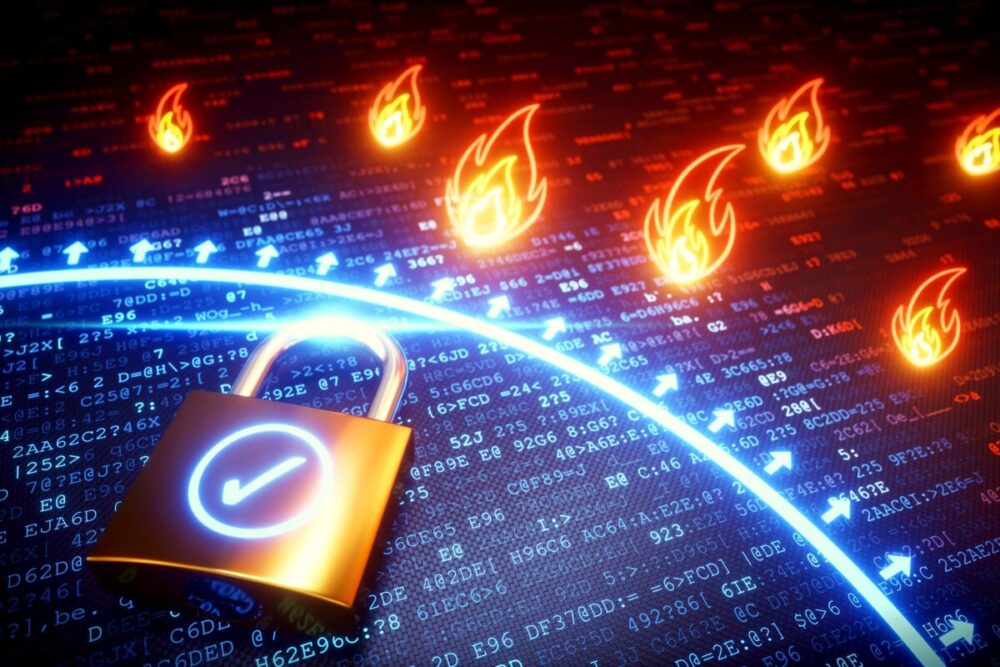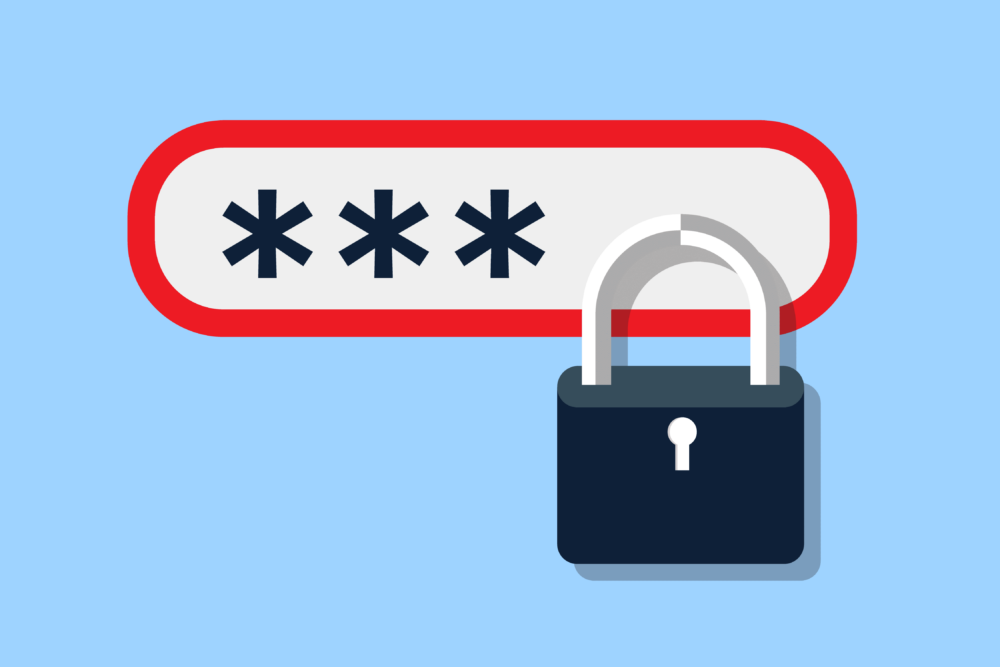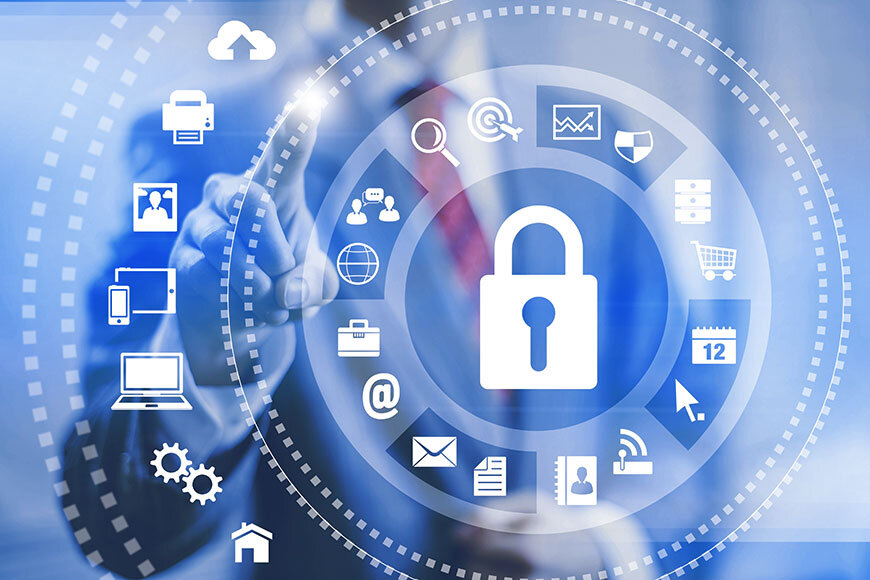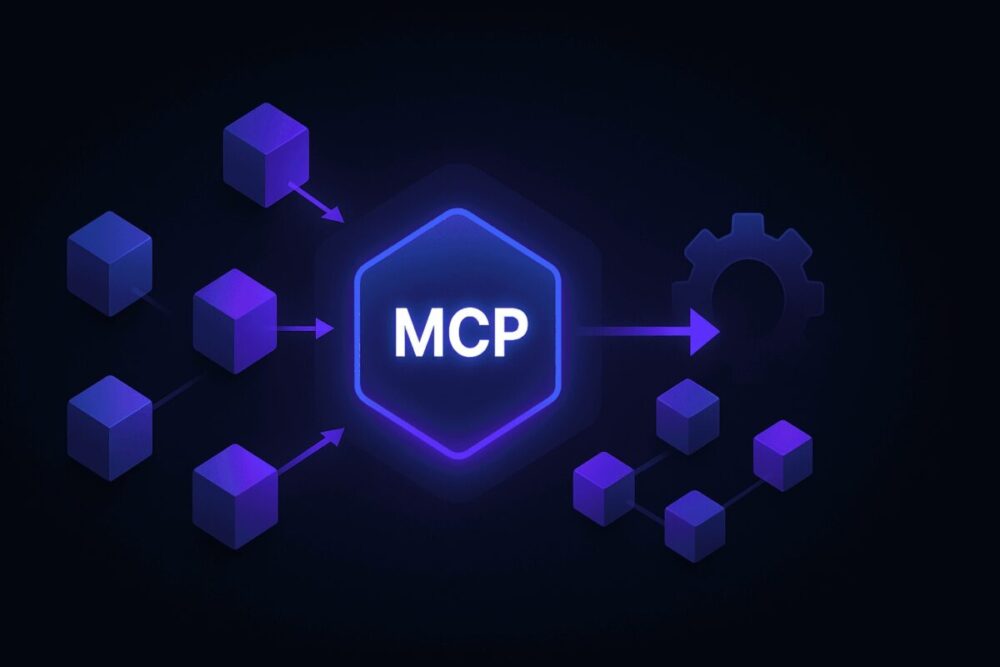Network security is not just a tech issue but a crucial business concern. If your office network isn’t secure, you’re leaving the door wide open for cybercriminals. Understanding the security of your network starts with asking the right questions.
Let’s explore some essential questions to gauge the security of your office network, ensuring robust office network security.
Do You Have a Strong Firewall in Place?

A firewall is your first line of defense against cyber threats. It monitors incoming and outgoing traffic and blocks suspicious activity.
Consider the configuration of your firewall. Is it properly set up to block unwanted traffic? Regular updates are crucial to protect against new threats. Do you have a team or service dedicated to monitoring and maintaining your firewall? These are critical aspects of ensuring your firewall is effective.
Are Your Software and Systems Updated Regularly?
Software updates often include patches for security vulnerabilities. Failing to update your systems can leave you exposed.
Are you using automated updates to ensure all software is current? Consider if any old systems or software are no longer supported by the manufacturer. Establishing a policy for regularly checking and updating all systems is vital for maintaining security.
Do You Use Strong Passwords and Authentication Methods?

Weak passwords are a major security risk. Using strong passwords and multifactor authentication (MFA) can significantly improve your network’s security.
Enforce a policy for strong passwords, focusing on length and complexity. Implementing MFA for critical systems and applications adds an extra layer of security. Encourage the use of password management tools to store and generate secure passwords.
Are You Educating Your Employees About Cybersecurity?
Human error is a leading cause of security breaches. Educating employees about best practices can help mitigate this risk.
Conduct regular cybersecurity training for employees. Running phishing simulations can test and educate your staff. Ensure that employees are aware of your cybersecurity policies and procedures, reinforcing the importance of security in their daily tasks.
Do You Have a Robust Backup and Recovery Plan?

Data loss can be devastating. A robust backup and recovery plan ensures you can quickly recover from an attack or hardware failure.
Regularly back up all critical data. Store backups off-site or in the cloud to prevent loss in case of physical damage. Test your recovery plan to ensure it works in a real scenario, giving you confidence that you can restore data when needed.
Are You Monitoring Your Network for Suspicious Activity?
Continuous monitoring can help detect and respond to threats quickly before they cause significant damage.
Use Intrusion Detection Systems (IDS) to monitor for suspicious activity. Regularly review logs for unusual activity and establish a plan to respond to detected threats. This proactive approach can prevent small issues from becoming major problems.
How Secure Are Your Remote Access Protocols?
With more employees working remotely, securing remote access has become critical.
Ensure remote employees use a secure Virtual Private Network (VPN). Secure remote devices with up-to-date antivirus software and encryption. Implement strict access controls for remote connections to protect sensitive information.
Do You Regularly Conduct Security Audits and Penetration Testing?

Regular audits and testing can identify vulnerabilities before malicious actors do.
Conduct security audits and penetration tests frequently. Using third-party auditors can provide an unbiased assessment of your security. Address the vulnerabilities found during these audits to strengthen your defenses.
Conclusion
Securing your office network is an ongoing process that requires vigilance and proactive measures. By asking these key questions, you can identify potential vulnerabilities and take steps to strengthen your network’s security.





